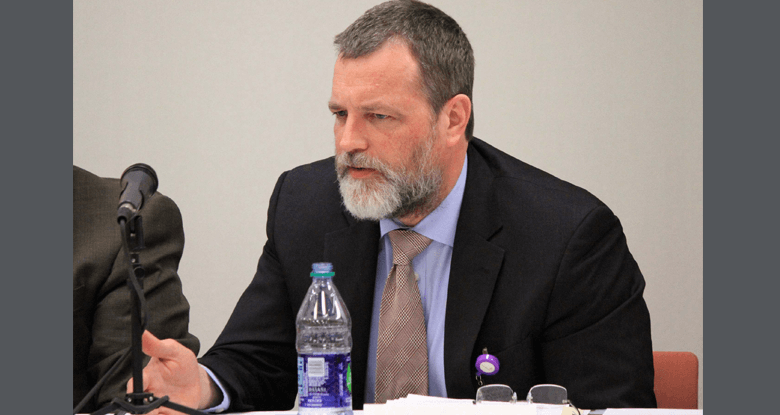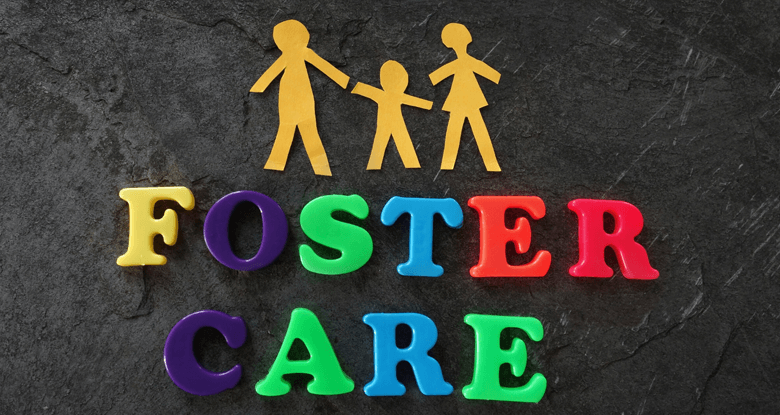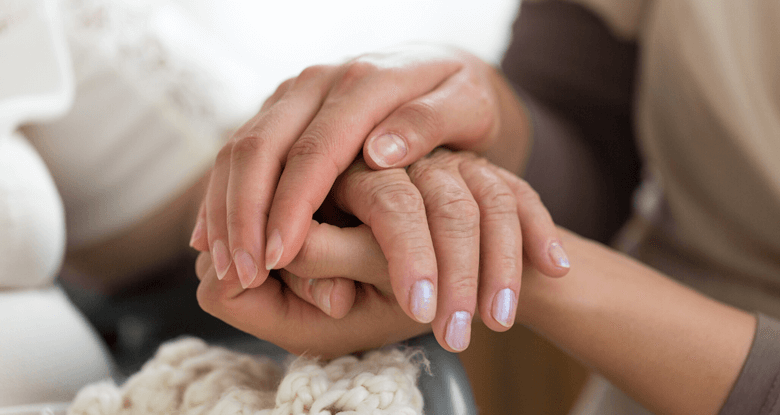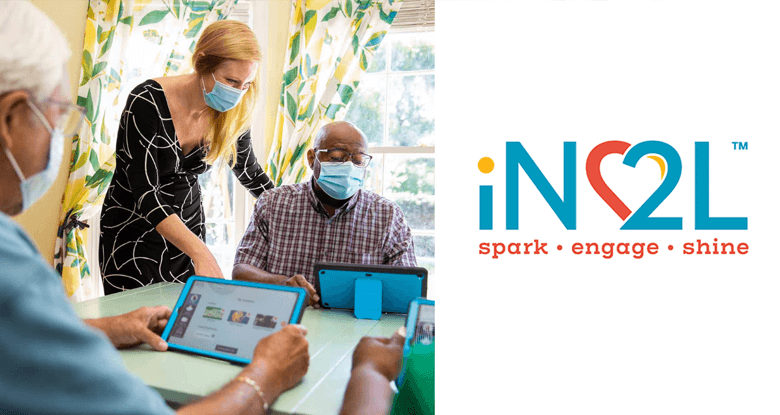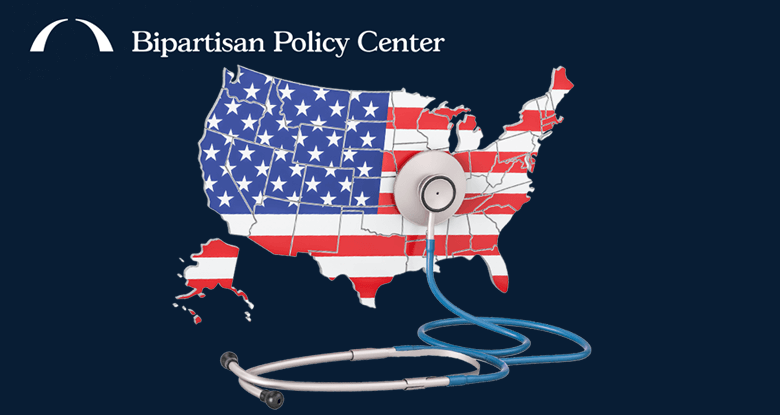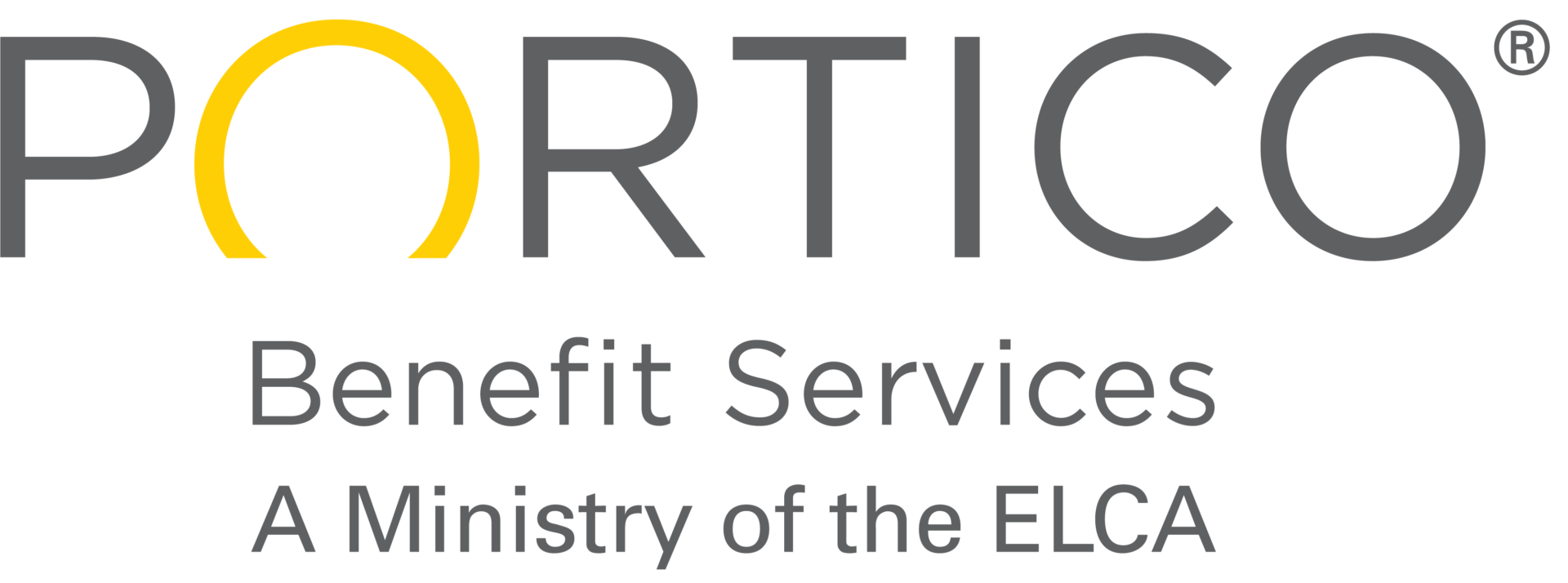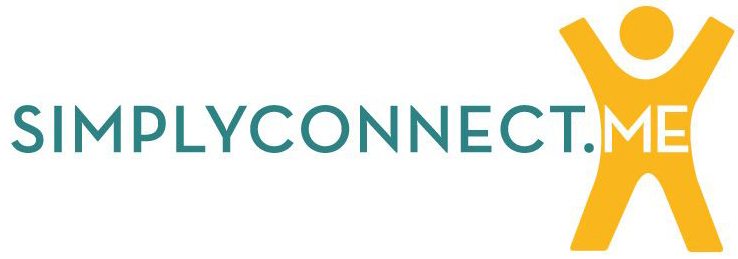Designated to advance strategic initiatives of our nationwide network, Lutheran Services in America’s “Realizing the Promise” fundraising campaign has surpassed its $500,000 goal! The campaign, scheduled to close June 30, 2020, grew ideas into dedicated action to change the lives of the one in 50 Americans our network cares for each year.
Through donors’ and member organizations’ incredible generosity throughout this campaign, our network strengthened Lutheran social ministry organizations to change the lives of 7,000 children through our Results Innovation Lab, via improvements like increased reading and graduation rates, and returning African American youth with their birth families, as well as decreased rates of teacher-student conflict; the number of times foster youth need to move to new homes; and arrest and re-arrest rates for over 700 youth of color.
Realizing the Promise also has meant making aggressive inroads in enabling seniors to live at home and in their community through our Connect-Home Learning Collaborative, committed to better preparing older adults to successfully transition home from post-acute care facilities. Importantly, the Realizing the Promise campaign also empowered us to bring together member organizations to successfully launch LSA Senior Connect, an innovative service model that connects seniors with chronic health conditions to needed resources in their communities, which already is delivering promising results in pilot stage with Genacross Lutheran Services.
This vital campaign’s success was bolstered through multi-year commitments from a wide range of people and organizations who share our commitment to the difference we can make – together – in the lives of so many people experiencing need in America. Thank you to the 39 member organizations who contributed dues above dues to support the campaign. Three leaders in particular from our network were among the first to step up and commit their support to Realizing the Promise, each of whose work ties to our key strategic areas of accelerating change, advocacy, and the power of networking:
Accelerating Change: Mark Pile, President & CEO of Diakon Lutheran Social Ministries
By working together across our network, we accomplish more than any one organization can by working on its own. As one of the first to step up and support the Realizing the Promise campaign, Diakon Lutheran Social Ministries President & CEO Mark Pile shares:
“I see my support and investment in Realizing the Promise as an opportunity to strengthen Lutheran social ministry across the U.S. The more we collectively work together – whether by sharing industry resources, lessons learned or creating new models to reach people with services who need them – the better the outcomes for the people we walk alongside. Our Lutheran tradition of service, for me, is grounded in the idea that the work we do at a local level is part of something bigger. Lutheran Services in America’s work to bring it together is not easy work, but brings great value to our organization and the people we serve here in Pennsylvania and Maryland.”
Advocacy: Linda Timmons, President and CEO of Mosaic
The voice of our faith-based network is more important now than ever. Mosaic President and CEO Linda Timmons shares her perspective:
“Strength in numbers has real meaning when it comes to amplifying our voice, our experience, and our collective expertise. Realizing the Promise has amped up Lutheran Services in America’s efforts with federal lawmakers and further honed their pulse on critical legislation affecting the one in 50 Americans we care for – lives ranging from children, youth and families to seniors, low-income individuals and people with disabilities. I’m grateful to everyone who joined Mosaic and me in supporting this campaign to advance our work as one national network, unleashing the power of our collective voice to advocate for policies affecting the one in 50 Americans we care for.”
The Power of Networking: Ted Goins, President & CEO of Lutheran Services Carolinas
Lutheran Services Carolinas President & CEO Ted Goins is a natural networker. He often brings ideas to Lutheran Services in America he thinks can benefit other members like a partnership with the University of North Carolina at Chapel Hill, which led to the launch of our Connect-Home program involving additional members. Ted shares:
“I invested in the Realizing the Promise campaign because I see the power of collaborating with my fellow Lutheran social ministry organizations, and the ability of Lutheran Services in America to bring us together and create national partnerships that take us further than any of us can go on our own. I’m inspired to be part of something bigger than any one person or organization, and all that is possible as we journey together.”

